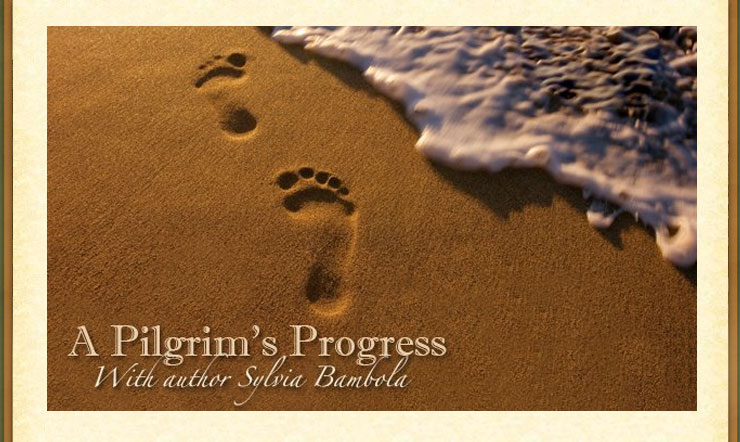The Kingdom of Heaven
Monday, 16 December 2013 17:45:00Here’s an interesting parable. Matthew 20:1-16 compares the Kingdom of Heaven to an owner of an estate who went out early in the morning to hire laborers for his vineyard. He promised them each a denarius (a penny) which was the standard day’s wage at the time. He continued hiring laborers throughout the day promising to pay them “whatever is right.” He does this at the third, sixth and ninth hour. Even as late as the eleventh hour he’s still hiring. The eleventh hour translates to five o’clock, which is really at or close to the end of the work day. In fact, the Bible tells us these people worked no more than an hour. But here’s the strange part. When it came time to pay the workers the owner paid them all one denarius each, even those who started working at five o’clock! As you can imagine, this didn’t sit well with those who started work at the crack of dawn, and they voiced their complaints. We’ve been working all day in the hot sun, they whined, and this is what we get? Surely we deserve more! The King James says they complained because the owner had made these late comers “equal” to them.
And how does the owner answer? “Friend, I am doing you no injustice. Did you not agree with me for a denarius? I choose to give to this man hired last the same as I give to you . . . Am I not permitted to do what I choose with what is mine?”
At first glance this seems unfair. After all, why should someone who has worked hard all day be paid the same as someone who has barely worked an hour? But we’re talking about the Kingdom of Heaven here not a worldly kingdom, and the rules for the heavenly kingdom rarely match those found in this earthly realm.
So what to make of it? First we must consider the times of day mention in this parable. The third, the sixth and the ninth hour are all significant. It was the third hour when, according to Mark 15:25 “they crucified” Jesus. Mark goes on to tell us in verse 33 that “when the sixth hour was come, there was darkness over the whole land until the ninth hour.” And it was at the ninth hour that “Jesus cried with a loud voice, and gave up the ghost.” So we see that the entire scenario in this parable of the estate owner is a reminder that it’s only because of what happened during the hours of Jesus’ crucifixion that God, the owner of the heavenly estate, is able to call us into His vineyard at all. Had the crucifixion not taken place we would forever be relegated to the outside of the vineyard, never able to come in.
But what of the eleventh hour? The time the last batch of workers began their job? That’s five o’clock. As I’ve stated before, numbers have meanings, and here the number five is the number for grace. That alone speaks volumes. Grace equalizes everything. It is only by grace that we can enter God’s vineyard. “For by grace are ye saved through faith; and that not of yourselves: it is the gift of God: not of works, lest any man should boast. Ephesians 2:8-9” And it is only by God’s grace that we can labor for God at all. So grace is the message here. We enter God’s vineyard, His Kingdom, by grace and we labor in it by grace.
But something else struck me, too. It is the fact that those who came last into the vineyard were equal to those who came first. This is good news for all us sinners, especially those who are closer to the end of their lives rather than the beginning. It tells us that no matter how late in life we come to the Lord we are still valued, and in fact, equal, to those who have labored all their lives for Him. In other words a poor homeless drunk who comes to the Lord on his/her deathbed is just as valued by God as someone like Billy Graham. Now that’s remarkable! Keep in mind I’m not talking about crowns here. Yes, each of us will get different “crowns” based on what we’ve done in our life but equality as a child of God though acceptance of Jesus, that we all have.
Once again we see the heart of God, His goodness, His desire to bring us all into His “vineyard,” and the esteem in which He holds each of us. Amazing isn’t it!
Until next time,
Sylvia




